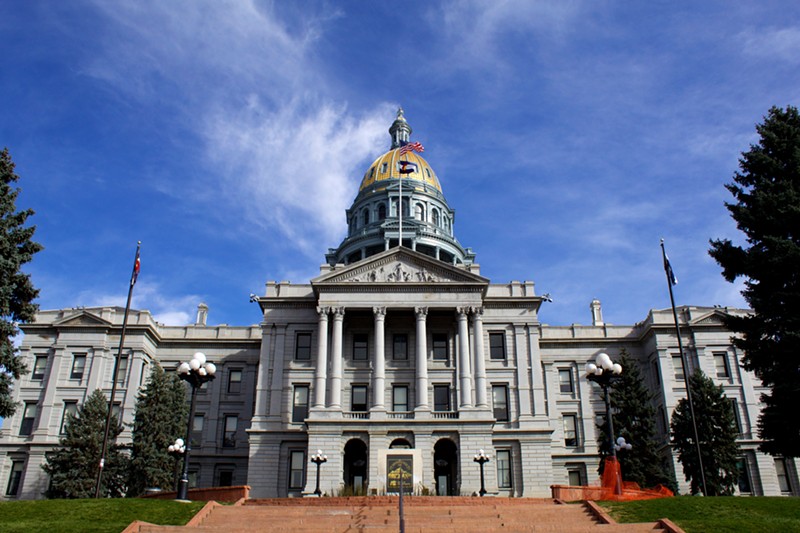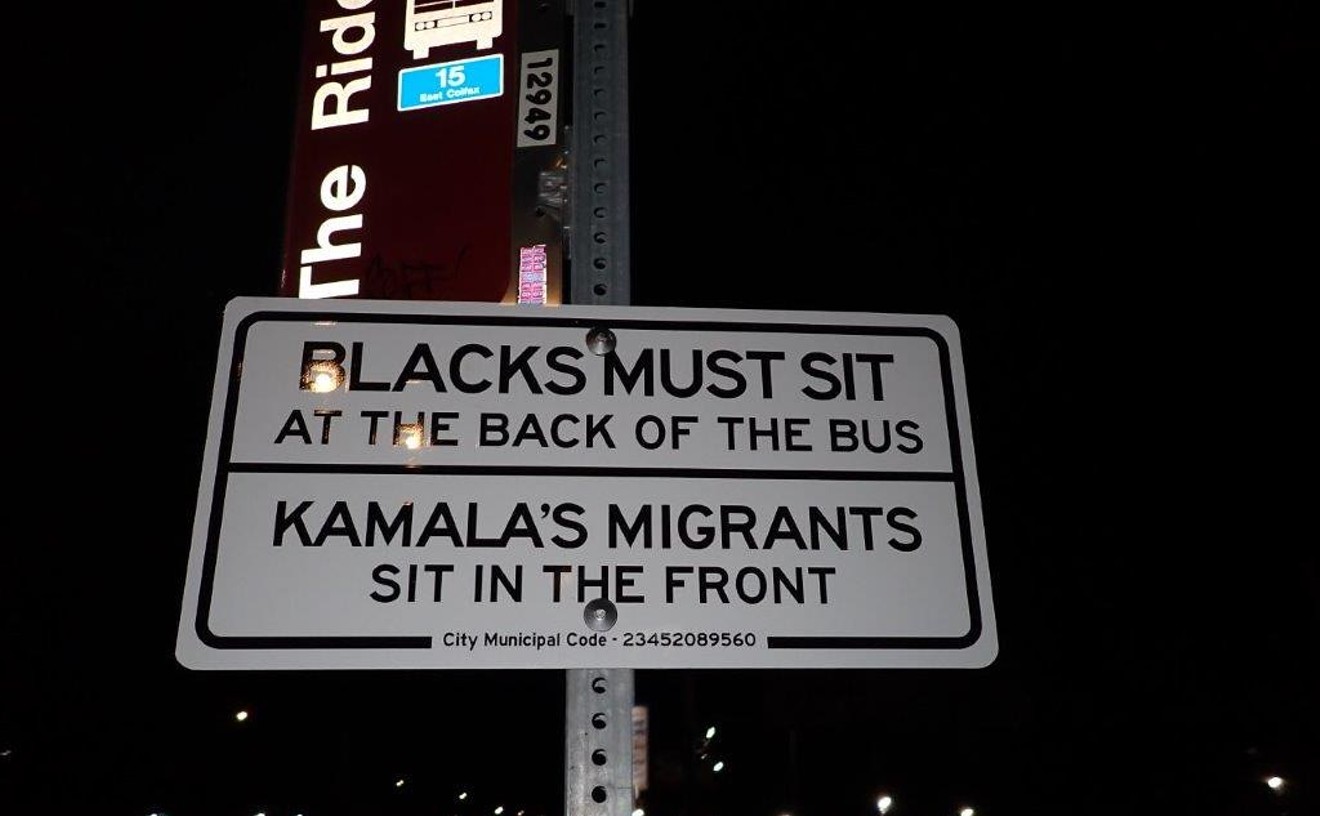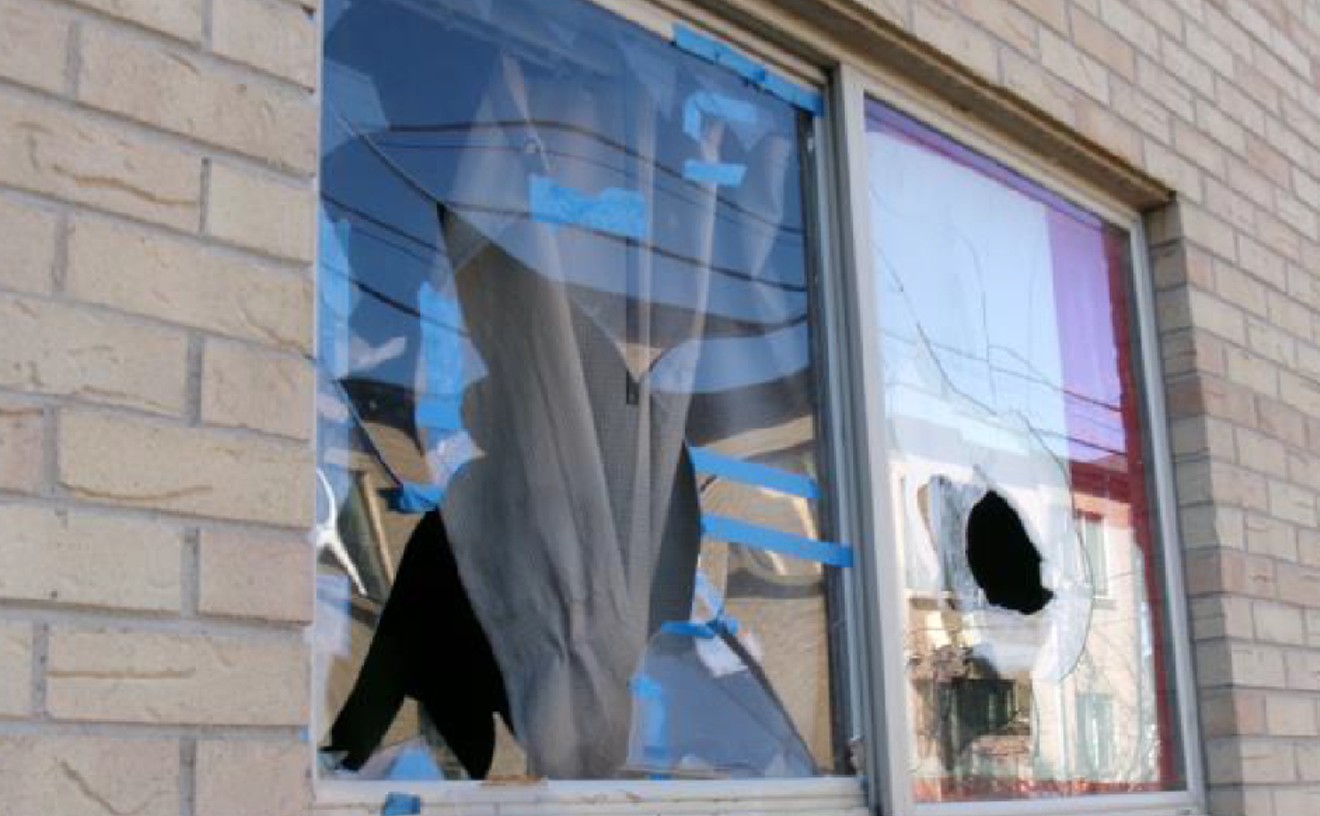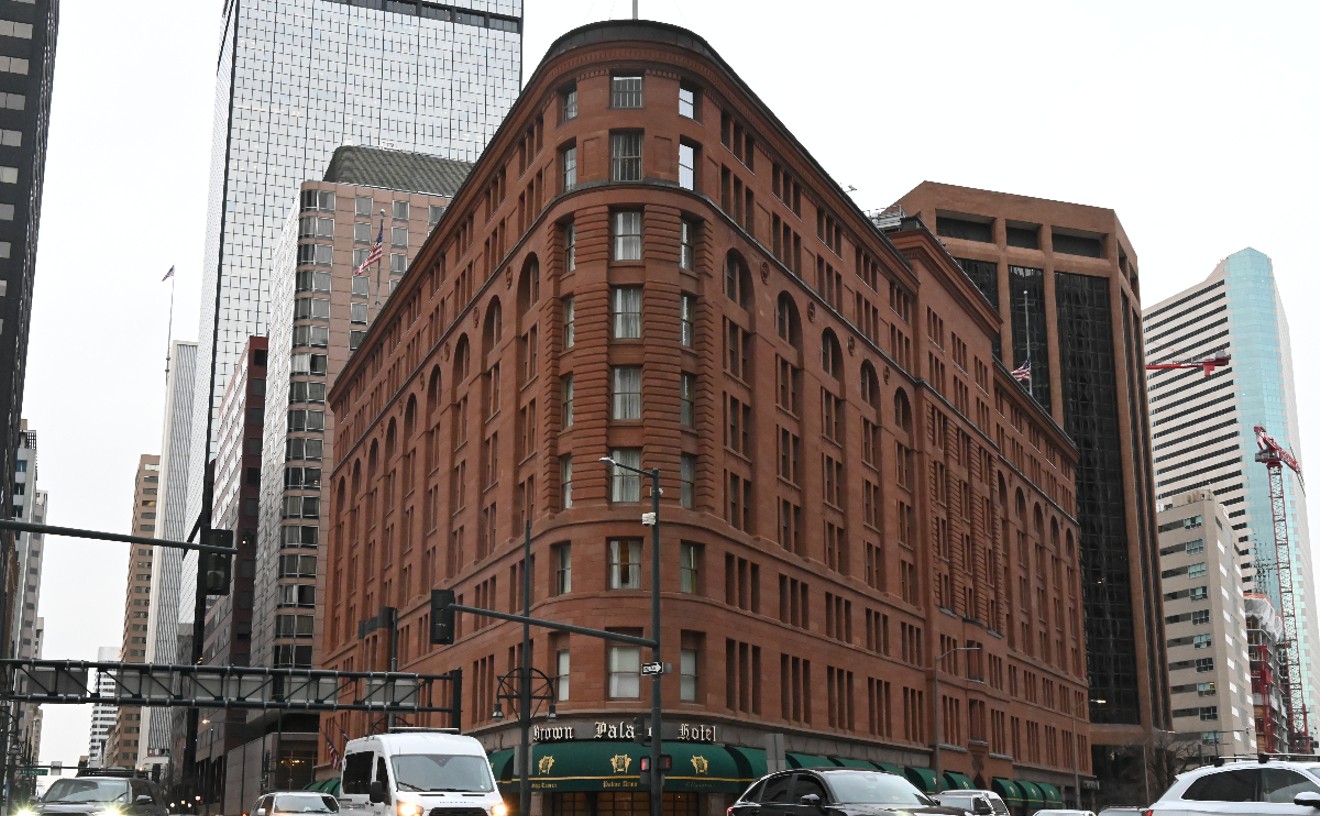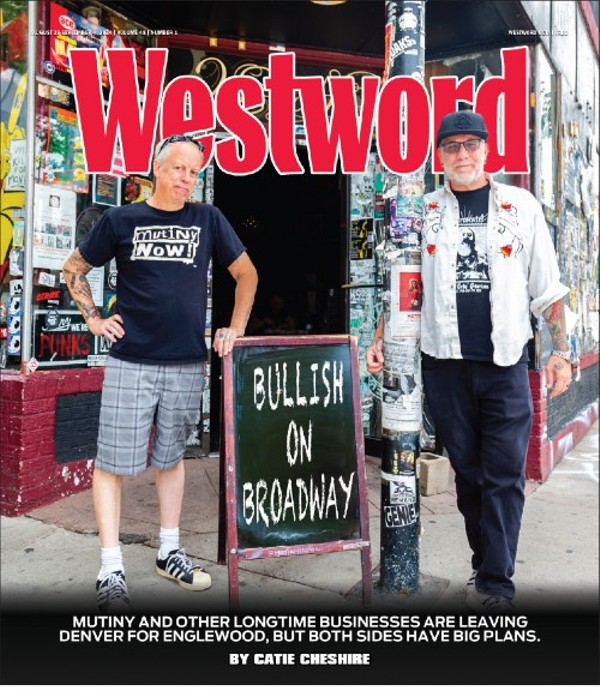Simpson intentionally scheduled his surgery during the interim, well before the legislature meets for its regular session in January, allowing him the approximately nine-week healing process before returning to duty. But Governor Jared Polis tossed a wrench into those plans on November 9, when he called a special property-tax-focused legislative session that begins Friday, November 17.
Now, less than three weeks into his recovery, Simpson is making the 230-mile trek from his Alamosa district to the Capitol in Denver. His wife is escorting him on the four-hour journey, since the senator can't drive yet.
“When I booked the surgery back in May, I just didn't foresee this,” Simpson says. “But we'll figure out how to make it work. …It's what we signed up for.”
Between handling physical therapy and pain management in a Denver motel room, Simpson will be at his desk on the Senate floor, trying to keep his leg elevated and using a walker to get around.
“This is my first experience with a special session. It's a little chaotic,” says Simpson, who was elected shortly after the last special session in 2020, which focused on the COVID-19 pandemic.
The chaos extends to his legislative colleagues, as well.
Even those who didn’t just have surgery had their personal and professional schedules thrown to the wind when the special session was announced. Representative Elizabeth Velasco’s family, for instance, is flying in from Portland on Monday to visit for Thanksgiving. It will be the first time her four-month-old nephew will be in Colorado.
Instead of greeting them when they reach Glenwood Springs, Velasco will likely be 160 miles away in the Capitol.
It takes at least three days to pass a bill, so the earliest the special session could end is Sunday, November 19. Some legislators are calling that a “pipe dream,” expecting the session to conclude closer to Wednesday, the day before Thanksgiving, which is when Polis said he wants the work completed.
“It's hard, especially during the holiday,” Velasco says. “But we all take our jobs very seriously, and we all go through difficult times. During the session, my grandmother passed away and I was not able to take time off. It's a choice that we make, to make sacrifices to do this work.”
The sacrifices are financial, too.
Like most rural legislators, Velasco doesn’t maintain a residence in Denver outside of the legislative session. But for the special session, she was able to rent a basement twenty minutes from the Capitol for a few days, which is also where she stays during the session. She opted for the basement because it’s cheaper than a hotel.
Legislators who are over fifty miles away from the Capitol get a $237 per day stipend during the special session to cover travel and housing costs. But Velasco says she has to front the money herself and get reimbursed later. That’s hundreds of dollars she has to pay out of her own pocket.
“With our pay, I'm always thinking about other sources of income,” Velasco says. “That's what makes it hard, as a working person, to always have to worry about how I am going to pay my bills next month.”
Colorado lawmakers make less than $44,000 per year. While they only work in the Capitol from January to May, legislators have said the interim work — like committees, bill drafting and surprise special sessions — makes it difficult to maintain other jobs in the off-season.
Simpson works a full-time job during the interim as manager of the Rio Grande Water Conservation District. If he wasn’t already off work because of his surgery, he says, the special session would have forced him to take time off with little warning.
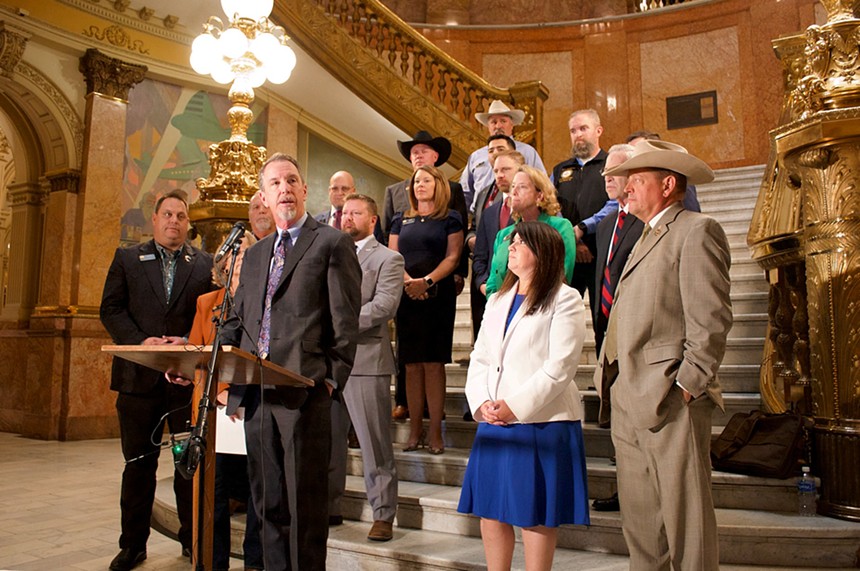
Legislators will convene on Friday for a special session dedicated to property tax relief.
Hannah Metzger
Every day of the special session costs taxpayers up to $24,328 — covering the legislator stipends, travel reimbursements and the return of Capitol employees who only work during the session, according to the Legislative Council Staff. Special session costs are included in the state budget. So that money comes from existing general fund revenue, which is mostly from income and sales taxes.
“It is frustrating," says Representative Ron Weinberg. "Now we have to spend taxpayer dollars and waste people's time during the holiday season to rush legislation. All of this could have been done last January through May.”
The special session was ordered after voters rejected Proposition HH, the governor’s plan to address upcoming property tax increases. Republicans have called for a special session to tackle property taxes since May, arguing that Prop HH was rushed through in the final days of the regular legislative session.
Now legislators have to work fast to come up with a short-term property tax relief plan that will only affect next year's property tax bills. Local officials have until December 15 to set their mill levy rates.
“We're a mess,” Weinberg says. “It's not practical. Legislation is serious, it takes time, and it can seriously impact and hurt people.”
The Larimer County rep says his work was finally slowing down after the November election and he was looking forward to spending more time with his two children before he had to return to the Capitol in January. During the special session, Weinberg says he's skipping the hotel and will instead commute 55 miles from his Loveland home to the Capitol every day. “If I get an hour to see my kids, I'll take it,” he says.
Before the special session was called, things were finally slowing down for Representative Barbara McLachlan, too.
The legislator who lives furthest from the Capitol, McLachlan had just returned from a Denver work trip to her Durango home — a six- or seven-hour drive — when she was told she’d have to come back to the Mile High City the following week. This time, she bought a plane ticket.
"I couldn't do the drive one more time," she says.
McLachlan was planning to spend the week of the special session meeting with her constituents and Durango officials, which can be difficult to do while splitting time between a capital and a district that are 340 miles apart.
“Everything had to be rearranged or canceled. That was hard,” McLachlan says. “You finally get to meet with these people that you've been meaning to, and you have to cancel it. I hate that part. But [the special session] is important, so I'll be there.”
McLachlan plans to fly home on Monday night, a day after the session's three-day minimum. That will give her just enough time to rest and put out fires at home before driving to Colorado Springs on Wednesday for Thanksgiving.
If the special session is still going on Tuesday, she’ll just have to Zoom in.
“I'll be ready to come home Monday night," she says, laughing. "That's what I'm doing."

